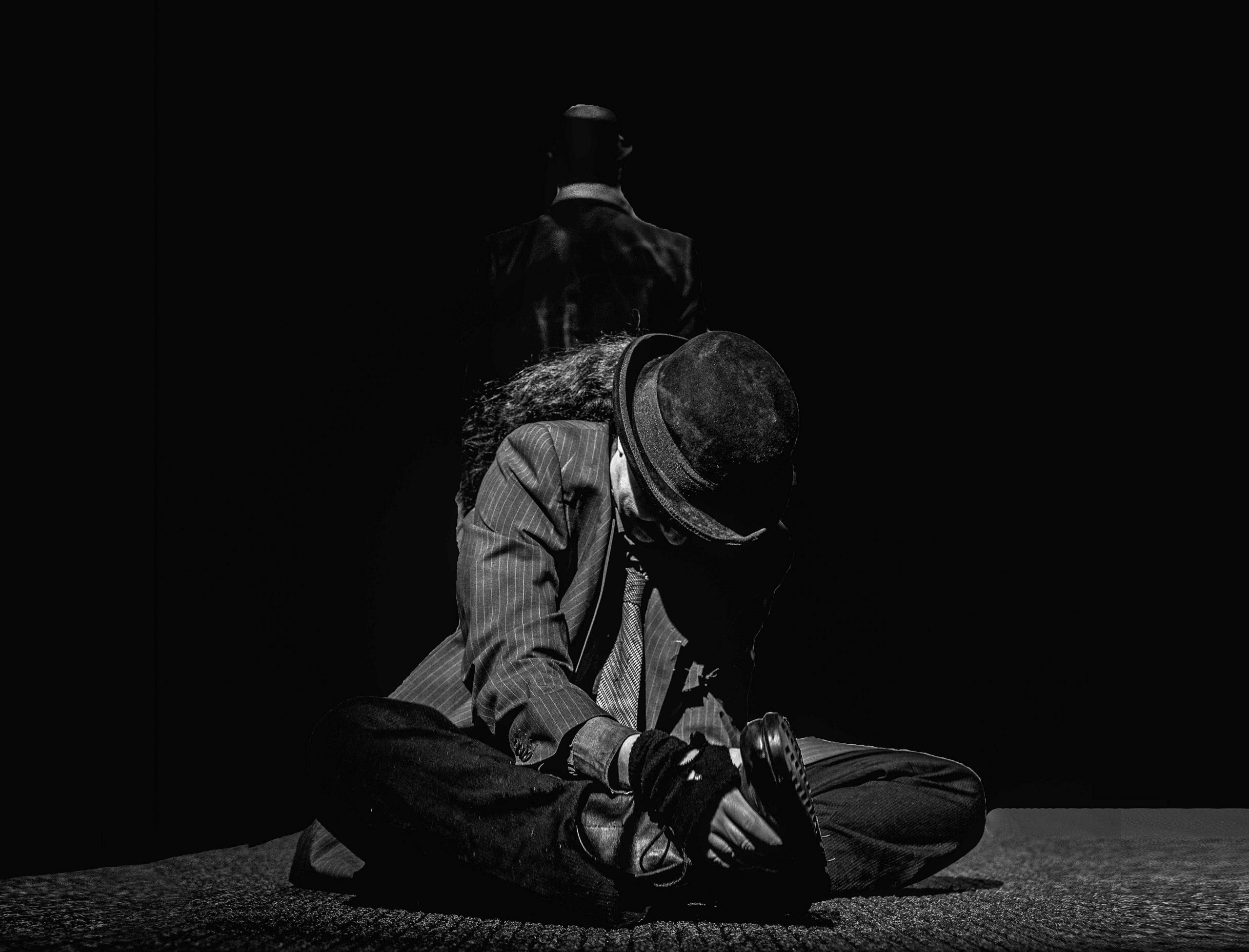Theater lovers living in or visiting Athens will have the chance to enjoy productions in English with the debut this week of the first English-language theater in Greece: the Theater of the NO.
The new venue, an intimate 150-seat space set to become a hub of artistic expression and exchange, premieres with Samuel Beckett’s 1952 masterpiece “Waiting for Godot” on April 18 directed by Nikos Dionysios and featuring an international cast.
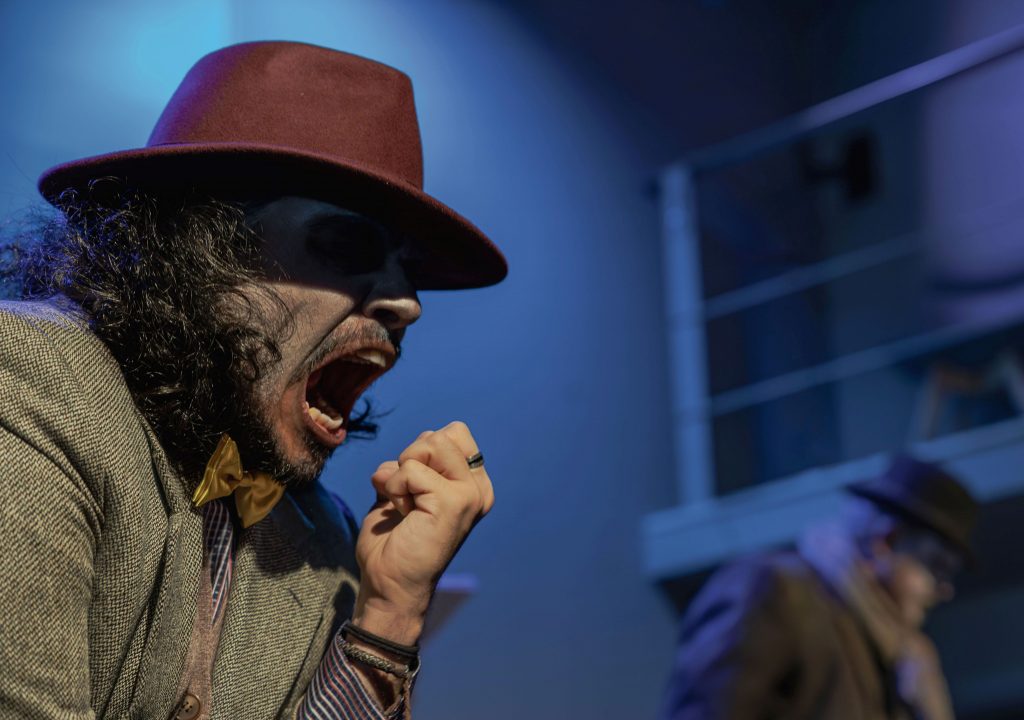
Photo credit: Nikos Pagonakis
To Vima had a chance to catch up with Israel-born Yoel Wulfhart, the restless man behind the daring initiative who left the US to come to Athens, open a theater, and challenge us into becoming better versions of ourselves.
Athens: Where Theater Thrives
Although Athens has a growing expat community thanks to many Diaspora Greeks who have made the city their home, and as of late, many pensioners from the UK who have moved here for the weather, English-language venues and happenings, let alone theater, are hard to come by.
That all changes this month thanks to Wulfhart, who decided after traveling the world in jeep for 18 years to pick “fascinating Athens, one of the world’s oldest surviving cities and the birthplace of Western theater” for his new adventure.
“There are just a few cities around the world where theater thrives. New York, Los Angeles, London, and surprisingly for me anyway, Athens. After visiting some 150 countries, Greece was the most appealing in terms of temperament, weather, food and natural beauty,” Wulfhart tells To Vima.
And so the story of the Theater of the NO begins.
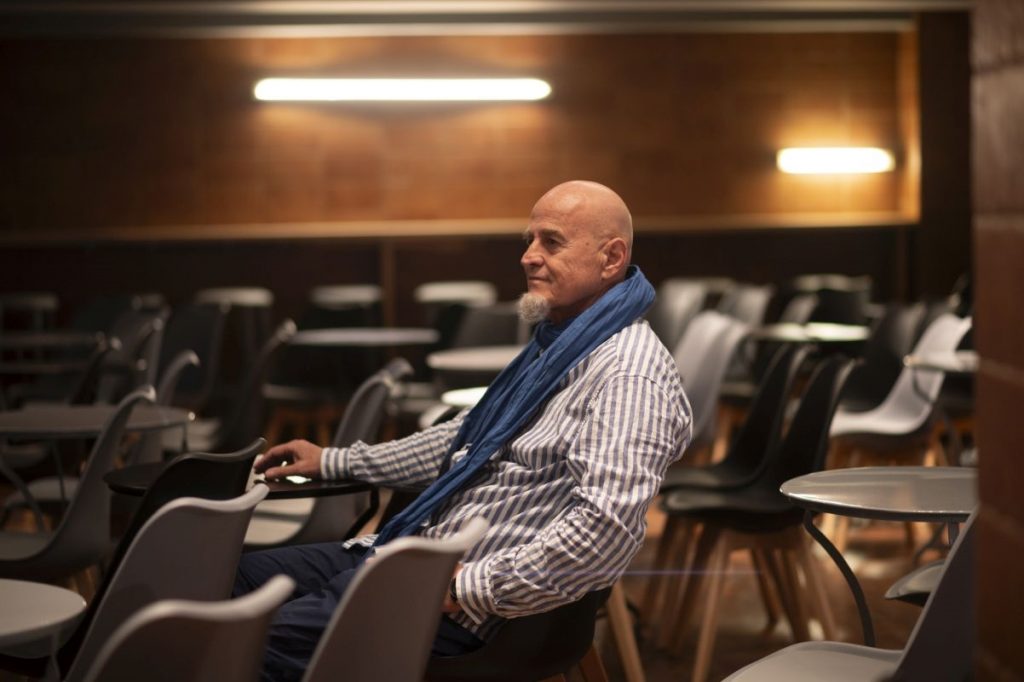
Yoel Wulfhart, founder of Athens’ new English-language theater venue: the ‘Theater of The No’. Photo credit: Nikos Pagonakis
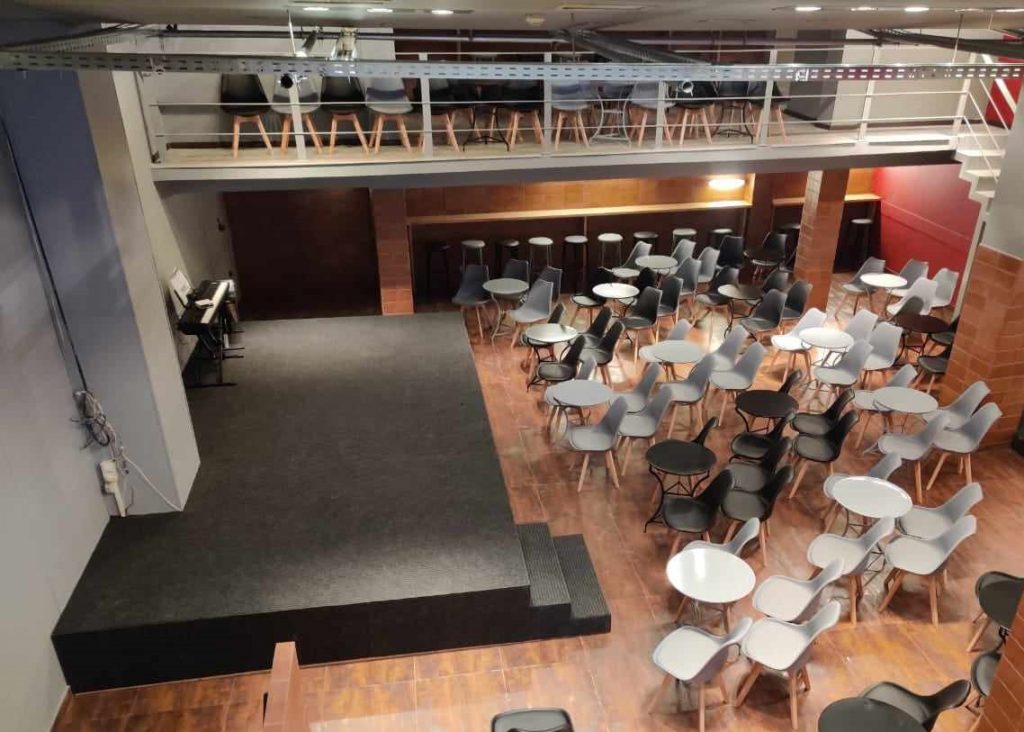
Photo credit: Nikos Pagonakis
Theater of the NO a Product of Love
The Theater of the NO is a product of love. Some 25 volunteers from 18 countries have been working day and night to see the project come to fruition.
“The people behind NO have no financial interest, only their love of theater, education, and exploration of the human potential,” says Wulfhart, who is a playwright himself.
He goes on to add however that as “a non-profit theater, we intend to supplement the regular pay for the creative staff – actors, directors etc – by distributing the profits to them. Let’s face it, teachers and artists contribute greatly to our society but get no recognition for their contribution. We intend to change that,” he says.
In addition to six plays this year, the Theatre of the NO will stage two new operas. And there’s reason for this. Wulfhart explains that the last opera presented on major opera stages worldwide was written in 1924: “Turandot” by Puccini. “That’s 100 years ago! Can you imagine how many wonderful operas have been written in the last century sitting in someone’s drawer?”
Space for Artistic Exploration & Exchange
The Theater of the NO will not be limited to “thought-provoking plays”. The goal, says Wulfhart, is for NO to evolve into a lively center for artistic expression and dialogue. To achieve this, art in all its forms will be employed to fuel conversations.
“Our intention is to create a creative space for artistic expression and cultural exchange. It will be a theater of ideas, of broadening horizons,” he says. To achieve this he invites the audience to arrive one hour before the shows, “introduce themselves, talk about theater, ideas, their mother in law… that hour will give audience members the chance to meet the theater’s creative team”.
Wulfhart adds that every performance – from dramas and avant-garde experiments to music and poetry – will be followed by a discussion with either the director, actors and/or the playwright about the work, its ideas, meaning, and the ways it can affect our lives.
He also encourages new writers and creators from Greece and abroad to come and share their voices at NO.
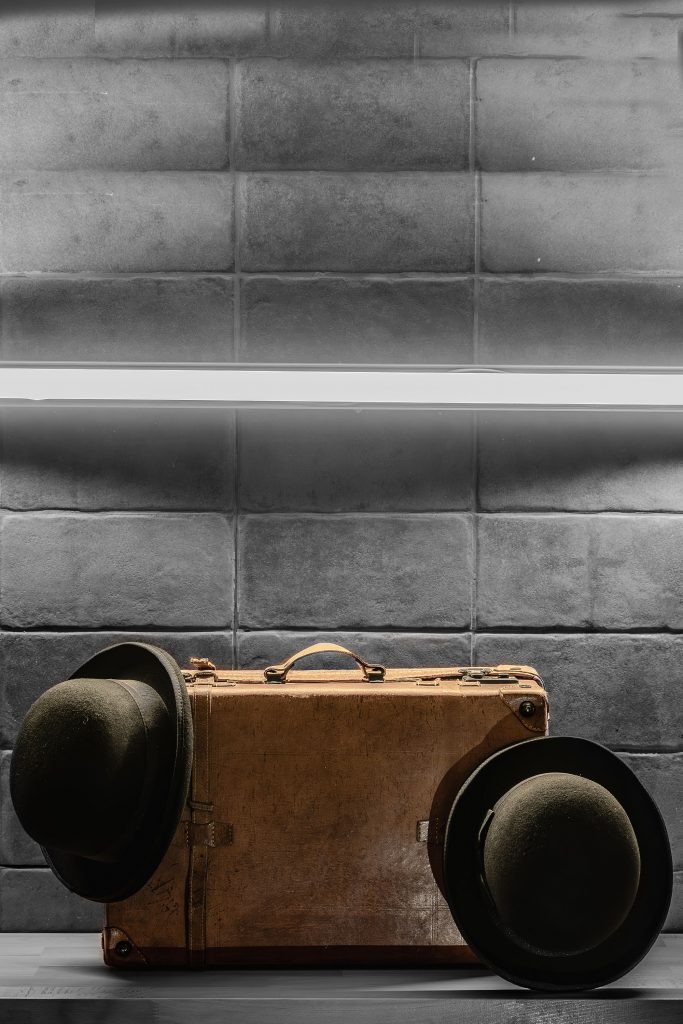
Photo credit: Nikos Pagonakis
A Theater that Says ‘No’ to Convention
The name of the theater implies going past our limits and limitations. The message is loud and clear: say ‘no’ to everything and anything that stands in your way.
Much like other genres such as the Theater of the Absurd or Experimental Theater, Wulfhart says, “we wanted to present a new genre, the Theatre of the NO. NO to traditions, NO to borders, NO to political correctness, NO to rules, NO to stupidity, NO to duplicity.”
For Wulfhart, personal and social growth involve saying no to many things and that’s what performances and discussions at the NO aim to do. He also hopes to bring younger audiences to the theater, “to get them to think about their lives”. He adds that the so-called “rush-hour ticket” – which costs 5 euros for the 20 first theater-goers who arrive one hour before the show – is meant to help younger crowds who can’t afford to pay more.
When asked whether opening an English-language theater in Athens was a risk due to the relatively small audience, Wulfhart is quick to note that “life without risk or failure is not worth living”.
“Starting from infancy, society tells us ‘no’, it’s not possible, it’s not achievable, it’s not doable. We say to hell with society, we will create what we want, we will fail, and as Beckett says, we will try again and fail better. This philosophy is evident in the production company’s name: Fail Better Productions.
When I asked Yoel about what would make him happy in a year from now as far as NO is concerned, he said: “The Theatre of the NO will have been worth it if at least on one person learned compassion, critical thinking, and a way to make a better world for themselves and others. Now if there are two, I will be ecstatic.”
The Theater of the NO (3 Kon/nou Paleologou St, Athens) debuts with Samuel Beckett’s “Waiting for Godot” on April 18. Performances run through May 13 from Thursday to Monday and start at 8:30 p.m. Tickets cost 15 euros and the audience is advised to arrive one hour before the show. All plays will be performed in English. More info here.
